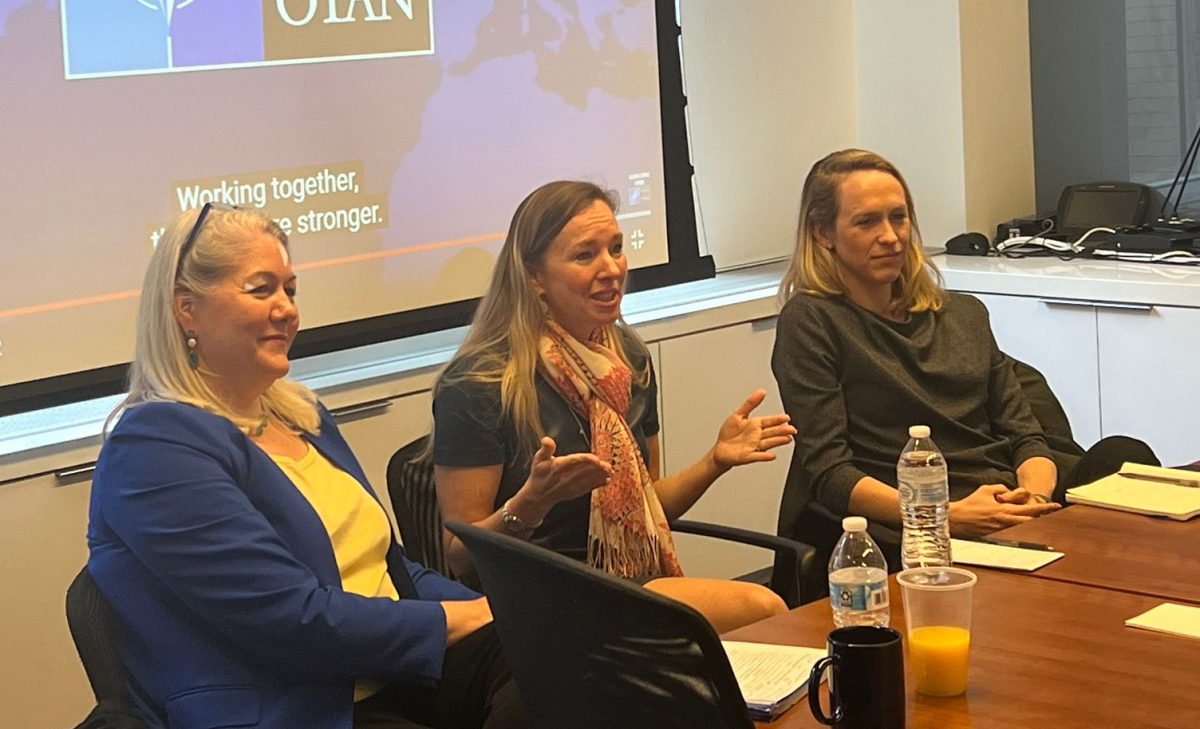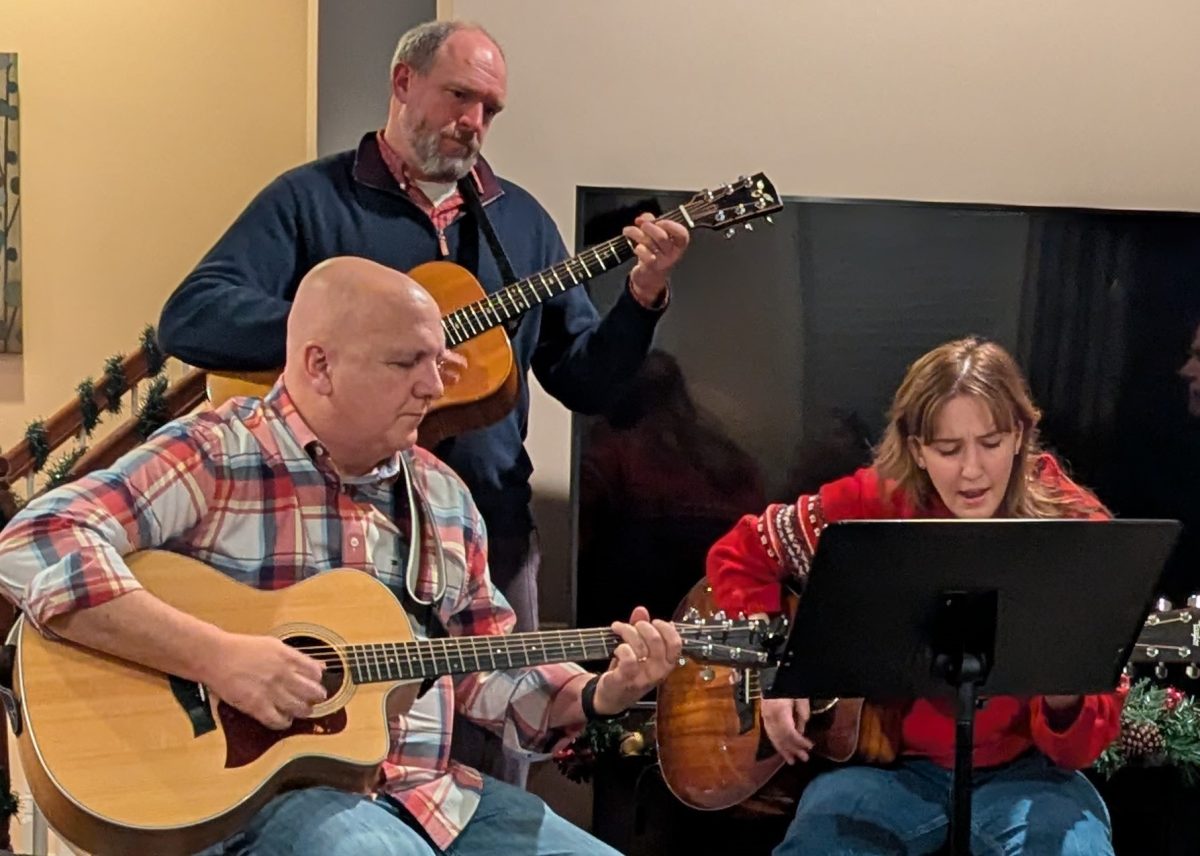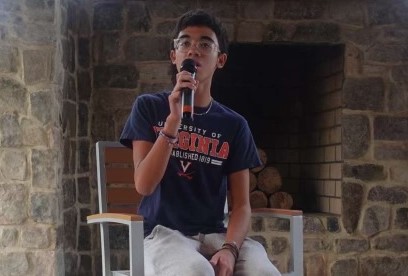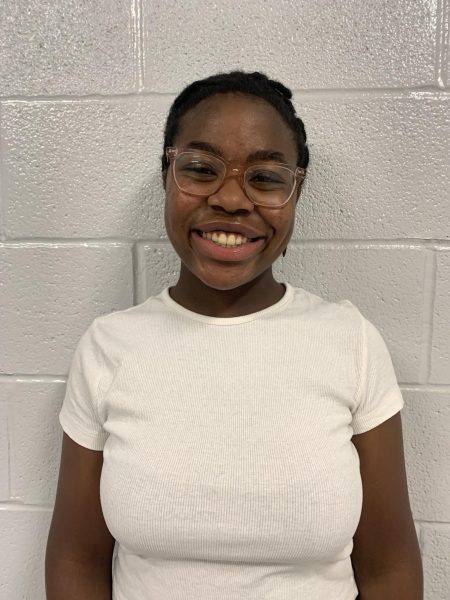Last month Lightridge students joined high school students from all around Northern Virginia got the opportunity to meet people whose work involves the North Atlantic Treaty Organization (NATO). The event was hosted by Black Professionals in International Affairs (BPIA) as part of their Madam Ambassador International Affairs Exposure Program, which is aimed to give girls 13-21 exposure to careers in international affairs.
This particular event was held in anticipation of the NATO summit being held in DC from July 9 to 11. The summit is not a regular meeting, but rather a time where the heads of state and government of NATO discuss pressing issues.
“I feel like a lot of times in school we talk about NATO in terms of the past, but this organization is still effective and working towards goals. It’s great to learn more about it,” says Sydney Tate, a Lightridge junior that attended the event.
NATO is an organization formed in 1949 with the purpose of collective defense.
While NATO is an integral part of the US foreign policy, it is something many Americans are not knowledgeable about. This year, Pew Research Center found that Americans, aged sixty-five and older are twenty percentage points more likely than people between the ages of eighteen to twenty-nine, to answer three NATO knowledge questions correctly. Research has also found that older adults have more knowledge of international affairs than young adults.
Article Five is one of the most recognizable articles in the treaty, stating that if a NATO ally is the victim of an armed attack, every other member of the alliance will consider the act of violence as an armed attack against all members.
The only time Article Five has ever been invoked was after the September 11 attacks in New York City.
LeAnne Howard is the Special Advisor for NATO at the US National Security Council and the coordinator of the upcoming summit.
“It is that umbrella of NATO and that assurance of Article Five that stops war from spreading further. And from that standpoint, that is good for the whole world, it is good for the United States. Europe is our number one trading partner, Europe is where Americans frequently like to travel. From our economic relationship to the stability of our common values in democracy, NATO is this umbrella that protects these countries altogether,” said Howard.
The organization is celebrating its 75th anniversary, and has changed a lot since its founding.
“The alliance has grown over the years and it can walk and chew gum. Meaning it absolutely brings value to countries to create standards and shared platforms, and aggregate approaches and military domains. To help countries of all different sizes, but also of different terrains, and geography,” explained Howard.
Many people only associate NATO with war, but that is a limited perception of the organization which needs to be expanded.
“It is important to realize that the military, lessons learned, and collaboration extends beyond usual thinking about what the military does,” Howard stated.
Last year NATO was able to provide temporary shelters, and coordinated delivery for supplies in response to the earthquakes in Türkiye.
While many Americans tend to associate the organization as benefiting only Europe this is not true.
“The misinformation out there, that perhaps this is the US providing something to other countries that are not doing their fair share is not accurate…countries are in alliances because it benefits each country; it makes each country stronger and more stable. This is not the US doing something for these other countries, this is something that the US benefits from,” said Howard.
As the summit date comes closer, the significance of NATO becomes clearer.
“A lot of challenges we face we can not predict, and to have allies, to have friends to work through them with is of paramount importance. It’s the cornerstone of global security for the United States,” said Howard.
Currently the North Atlantic Treaty is on display at the National Archives. Visitors can see this display until July 31st.








